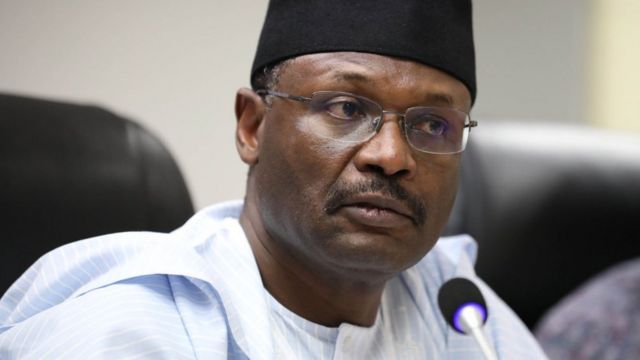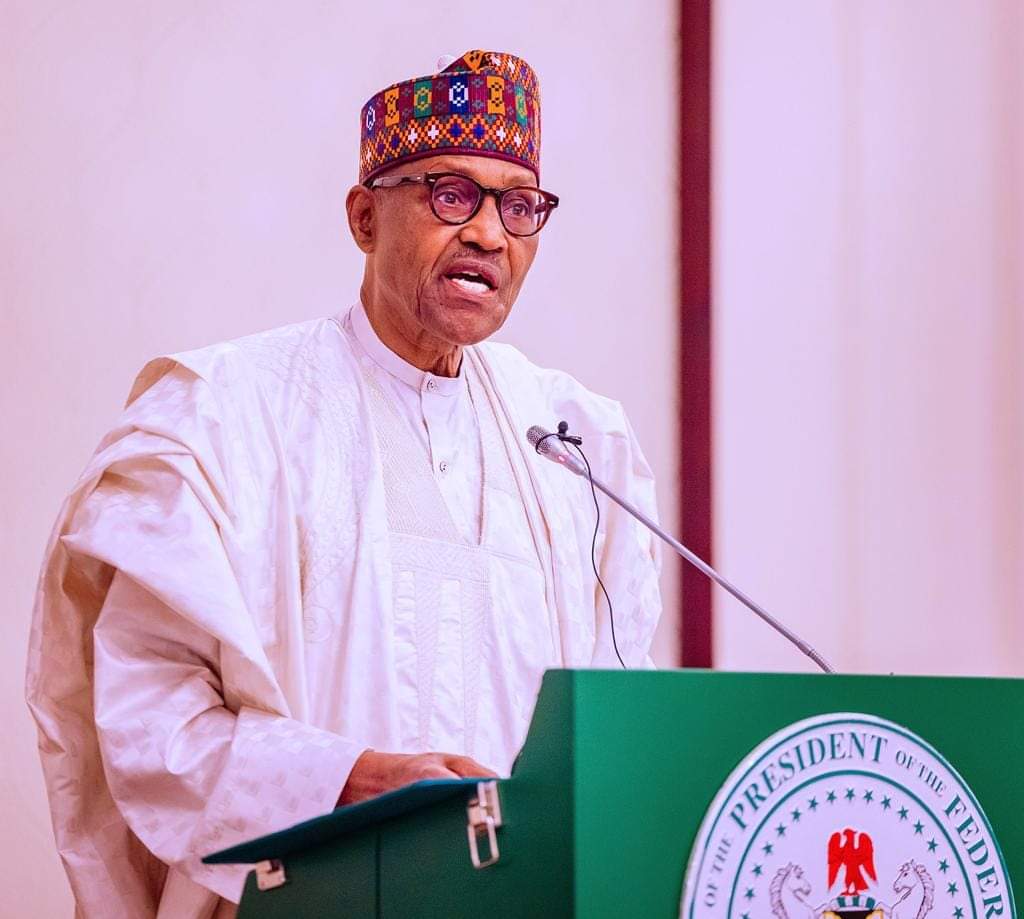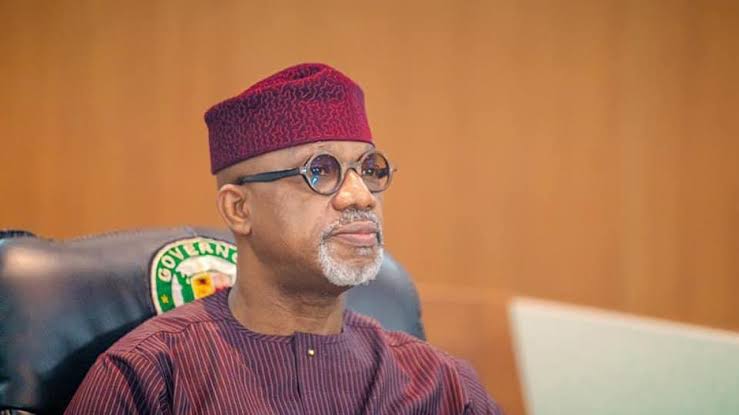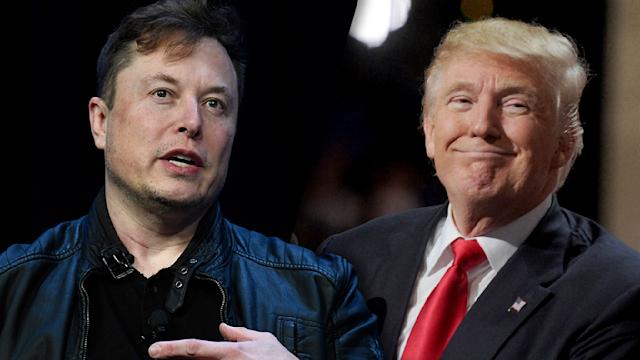Independent National Electoral Commission (INEC) has rejected the request of 18 registered political parties, through the Inter-Party Advisory Council (IPAC), for an extension of the deadline for the conduct of party primaries.
Gatekeepers News reports that the INEC chairman, Mahmood Yakubu, said the commission will not review the timelines as it would result in complications.
The parties had made the appeal on Tuesday at INEC’s second quarterly consultative meeting with political parties in 2022.
Meanwhile, the commission had reviewed its schedules for the 2023 general election in February after President Muhammadu Buhari assented to the electoral Act, 2022. In compliance with the new legislation, INEC earmarked April 4 to June 3 for the conduct of party primaries.
Last week, Gatekeepers News reported that INEC maintained that the deadline for the conduct of primaries remains “firm and fixed”.
On Tuesday, IPAC Chairman, Yabagi Sani highlighted the Easter and Eid El Fitr (Sallah) holidays, and distractions due to preparations for the Ekiti and Osun elections as reasons for seeking the deadline extension.
Sani said, “All the eighteen registered political parties on the platform of IPAC are jointly, without exception, requesting the INEC to consider a slight adjustment to the recently announced timetable and schedule of activities for the 2023 general elections.
“In summary, the general assembly of IPAC, after an exhaustive examination of the INEC timetable and related issues, arrived at a unanimous decision to request for an extension of 37 days to the deadline of the time frame for the conduct of party primaries and resolution of conflicts arising from the primaries. By implication, the IPAC leadership is appealing to the INEC to extend the deadline for the conduct of party primaries and resolution of ensuing conflicts from the present INEC given date of 3rd June 2022 to 4th August 2022.”
In reaction to this, the INEC Chairman reiterated the position of the commission that “there will be no review of the timelines. There are so many inter-related activities that are associated with the timelines which must be carried out. Any review to extend the timeline for one activity will affect other activities and put unnecessary pressure on political parties and the commission.
“This will ultimately result in more complications than what the extension seeks to achieve. Therefore, the commission will not review the timelines.”







